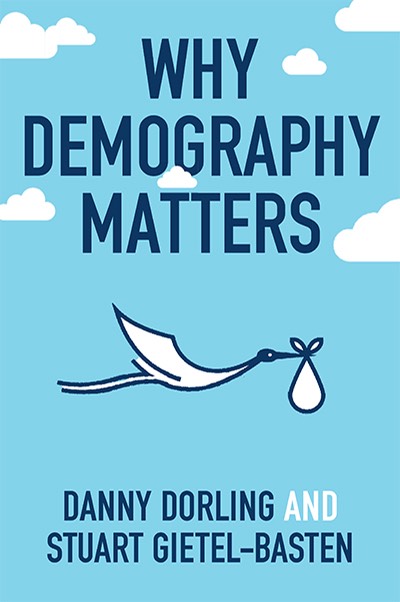Demography is not destiny. As Giacomo Casanova explained over two centuries ago: 'There is no such thing as destiny. We ourselves shape our lives.'
Today we are shaping our lives and our societies more than ever before. Globally, we have never had fewer children per adult: our population is about to stabilize, though we do not know when or at what number, or what will happen after that. It will be the result of billions of very private decisions influenced in turn by multiple events and policies, some more unpredictable than others. More people are moving further around the world than ever before: we too often see that as frightening, rather than as indicating greater freedom. Similarly, we too often lament greater ageing, rather than recognizing it as a tremendous human achievement with numerous benefits to which we must adapt.
Demography comes to the fore most positively when we see that we have choices, when we understand variation and when we are not deterministic in our prescriptions. The study of demography has for too long been dominated by pessimism and inhuman simplistic accounting. As this fascinating and persuasive overview demonstrates, how we understand our demography needs to change again.
Demographers threaten us with a world population explosion, an unsupportable burden of pensioners, migration run wild, even a eugenic threat! But Dorling and Gietel-Basten give us heart. Some threats turned into blessings while other proved as hopelessly inaccurate as economic forecast.
Richard Wilkinson, co-author of The Spirit Level
Dorling and Gietel-Basten demonstrate how much we don’t know when it comes to demographics. With encyclopedic incision, the authors enjoin readers to consider the meaning, measurement, and manipulation of demographics, eschewing hyperbole for common sense. Rejecting demographic fear mongering and cloudy statistical thinking, Why Demography Matters provides a critical assessment of who counts and why, and the meaning of one of the world’s most important drivers of change.
Amy Glasmeier, Massachusetts Institute of Technology
